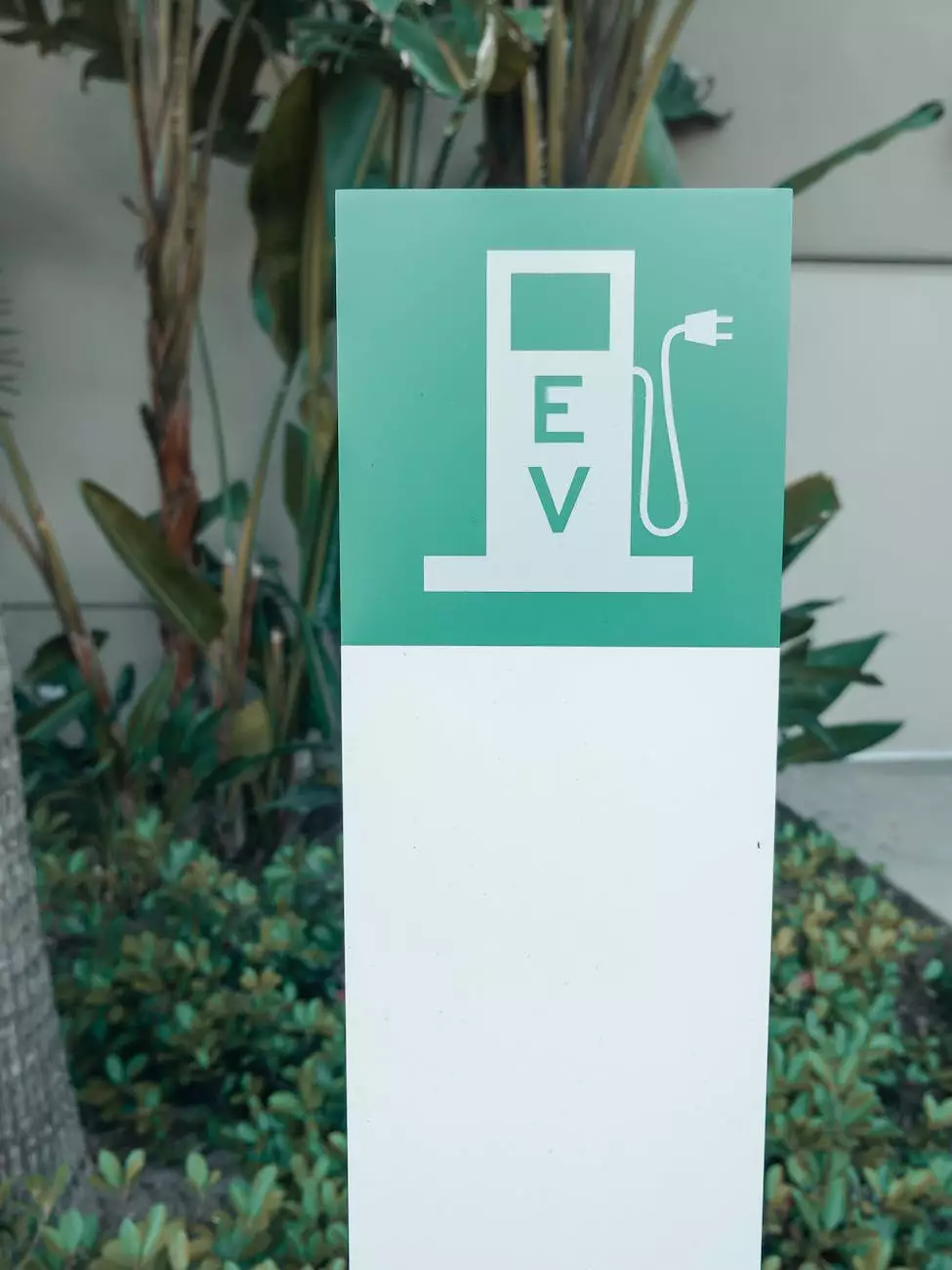A Useful Guide to Different Types of Generators and Maintenance
Blog
Introduction
Welcome to City Wide Electrical's comprehensive guide to different types of generators and maintenance. In this guide, we will provide you with detailed information on various generator options available in the market, highlighting their features, advantages, and maintenance requirements.
Why Generators Are Important
Generators play a crucial role in providing backup power during emergencies, power outages, or in remote areas with limited access to electricity. They ensure continuous power supply, keeping your essential appliances and equipment running smoothly.
Types of Generators
1. Portable Generators
Portable generators are compact and versatile power sources that can be easily moved from one location to another. They are commonly used for camping, outdoor activities, and as a temporary backup power solution for homes and small businesses. These generators typically run on gasoline or propane and provide enough power to run essential appliances and tools.
2. Standby Generators
Standby generators are larger, more powerful units that are permanently installed and connected to the existing electrical system of your home or business. They automatically turn on when a power outage occurs, ensuring uninterrupted power supply. Standby generators are capable of running multiple appliances and HVAC systems, making them ideal for long-term backup power needs.
3. Inverter Generators
Inverter generators are known for their quiet operation and clean power output. They use advanced technology to produce high-quality electricity that is safe for sensitive electronics, such as laptops, smartphones, and televisions. Inverter generators are compact, fuel-efficient, and perfect for camping, RVing, or tailgating events.
4. Diesel Generators
Diesel generators are renowned for their durability, efficiency, and continuous power supply. They are commonly used in commercial and industrial settings where a reliable power source is crucial. Diesel generators are capable of providing high power output for extended periods, making them suitable for heavy-duty applications.
Maintenance Tips for Generators
To ensure optimal performance and longevity of your generator, regular maintenance is essential. Here are some important maintenance tips:
1. Regular Inspections
Inspect your generator for any signs of damage or wear regularly. Check the fuel and oil levels, air filters, and battery condition. Address any issues promptly to prevent further damage or performance issues.
2. Fuel Quality
Use high-quality fuel and ensure it is stored properly. Stale or contaminated fuel can clog the generator's engine and affect its performance. Follow the manufacturer's recommendations for the type and quality of fuel to use.
3. Oil Changes
Regularly change the oil and oil filters according to the manufacturer's instructions. Fresh oil helps to keep the engine running smoothly and extends its lifespan.
4. Battery Maintenance
For generators with batteries, inspect and clean the battery terminals regularly. Check the electrolyte levels and ensure proper charging to avoid starting issues.
5. Load Testing
Periodically perform load testing to ensure your generator can handle the required power load. This helps identify any potential issues and ensures the generator's reliability during an actual power outage.
6. Professional Servicing
Engage a qualified technician to conduct regular professional servicing and maintenance. They have the expertise to identify and address complex issues, ensuring your generator operates at peak performance.
Conclusion
Choosing the right generator for your needs requires careful consideration of various factors. Understanding the different types of generators available and their maintenance requirements is essential to make an informed decision. City Wide Electrical is here to help you choose the best generator and provide expert maintenance services to keep it running smoothly. Contact us today to learn more!










